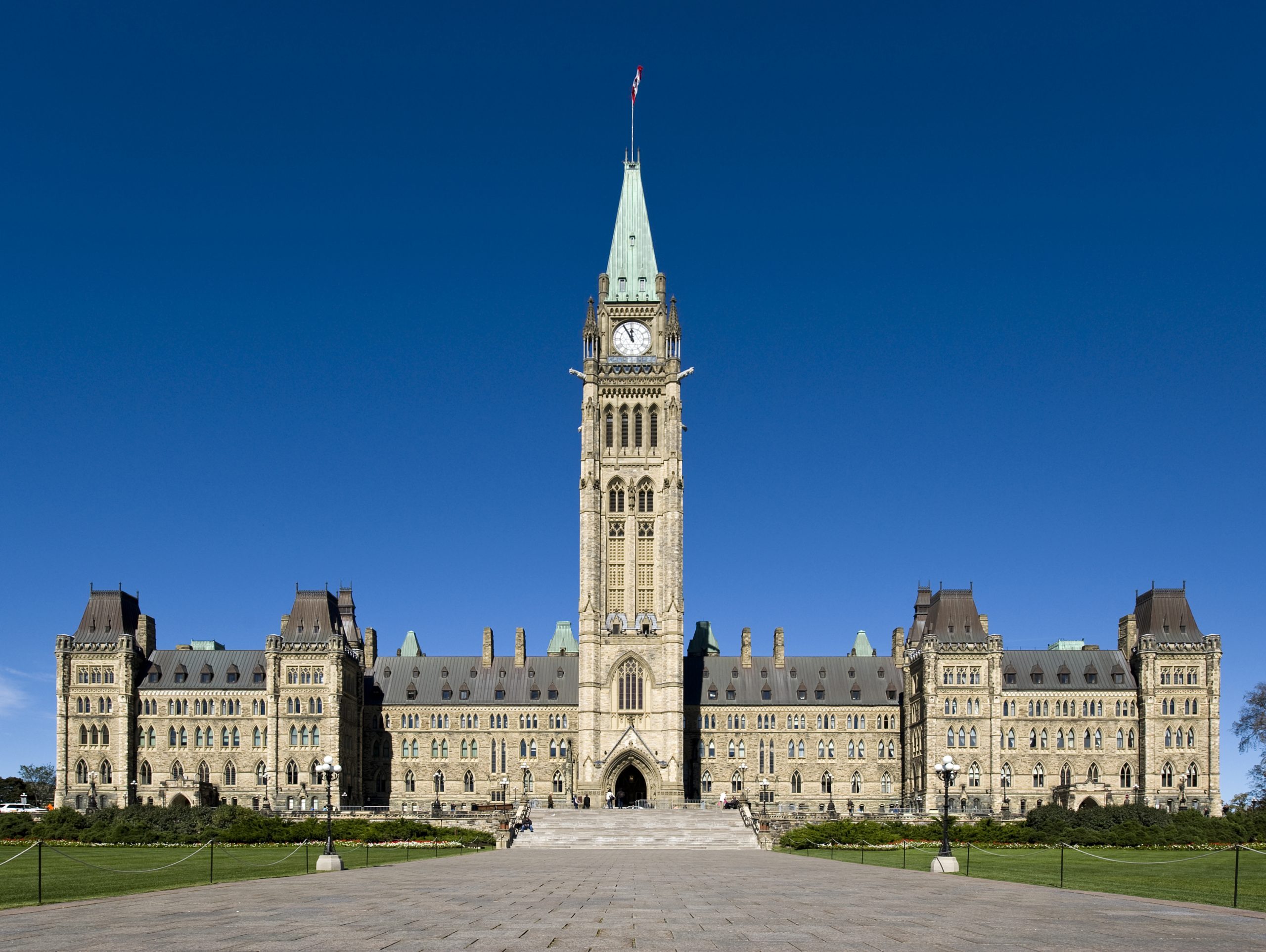‘But I like to travel by train,” claimed an emailer with whom I have been corresponding over the past week about Via Rail, its huge new subsidies from Ottawa and the strike by its locomotive engineers and yardmasters that was set to start today. The likelihood of a strike caused Via to cancel trains on many routes on Wednesday, stranding some vacationers and a few business travellers who still take the train. I’ll call my cyber friend “Jim.” “Fine, Jim,” I replied. “If you like to go by train, then you pay for it.”
Via Rail Canada, the country’s national passenger service, has begun to cancel some long-distance trains ahead of a possible strike by 340 locomotive engineers on Friday.
Now Jim, who claims to have been a locomotive aficionado since he was a kid, is wise to the ways of train policy and politics in this country. He knows Via would never survive if it had to pay for the upgrades it needs to cars, engines, tracks and stations on its own from the money it collects in fares from passengers.
“I couldn’t afford a ticket if my fares had to cover my trip, plus all that,” he complained.
“Alright, then,” I responded. “You don’t really love to travel by train, you only love to travel on trains paid for by people who never set foot on a train using money extracted from them through taxes.”
I may love to travel by Red River cart and long for the day when I could drive one down a two-tracked prairie trail from Winnipeg to Fargo, N.D., wearing my buffalo skin robe while playing my fiddle. But if that’s my dream, it is mine alone. I have no business press-ganging you and your wallet into the equation. Whatever your passion, penchant and proclivity, you have no right to insist your fellow countrymen pony up for your pleasures.
“But rail travel is part of our history. The railroads brought this country together,” Jim protested.
True. But the same could be said about the fur trade. Yet there are no massive federal subsidies for freight-canoe manufacturing and portage maintenance. If what you want is an authentic Canadian travel experience, forego the luxury of train travel. Flip your birch-bark up on your back and trudge across the Canadian Shield, sledding 100 kilos of furs behind while swatting off swarms of mosquitoes.
Mark Milke of Winnipeg’s Frontier Centre for Public Policy, recently calculated that since 1995, Via has received more than $2.4-billion in operating subsidies alone. That’s on top of hundreds of millions paid out for infrastructure upgrades.
Even if Ottawa paid for all the upgrades to rolling stock, rail lines and terminals that Via desires, even if federal taxpayers assumed all of Via’s debts, the public rail carrier would still lose money.
It’s at this point that Via defenders usually start citing what might be called “public good” arguments, or insisting that because trains work well in Europe they could work here, too.
For instance, non-riders should subsidize rail tickets because trains are good for the environment, Via supporters say. Trains get cars off the road. Or they theorize about how rail would be popular and profitable if only government would underwrite the cost of making Canada’s trains, tracks and stations modern. If Ottawa built it, riders would come.
But rail is not profitable elsewhere, either, except on select routes. There are plenty of Eurorail lines that are subsidized by a few highly profitable ones. Not even in Europe, where a population nearly 12 times as large as our own is crammed into a space only slightly wider than the distance between Windsor and Quebec City, can rail be made truly profitable.
Even Japan had to write-off $350-billion in operating debts and construction costs to help its rail system break even.
Via and Ottawa argue that within five to 10 years, the Windsor-Toronto-Montreal-Quebec corridor will witness a 40% rise in ridership, a volume that might even justify a high-speed train that could travel from TO to Montreal in three hours rather than six. Good. That’s even more reason for Ottawa to sell off Via’s high-potential lines and dismantle the rest.
The Tories should settle the Via strike by announcing the dismemberment of the public railway and an auction of its assets to private investors.


